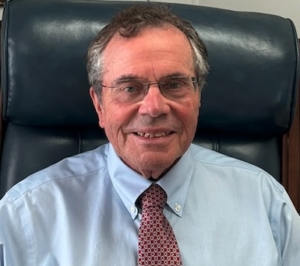LETTERS: Ending EV mandate shortsighted
 To the editor:
To the editor:
In response to President Trump’s inauguration speech on January 20, 2025, I found it profoundly concerning that the new president seems intent on reversing our country’s progress toward lasting energy solutions amid an energy crisis.
In his speech, President Trump pledged to end the electric vehicle mandate and increase crude oil drilling in the United States. This approach is extremely shortsighted. The more dependent we become on non-renewable energy sources, such as oil, the more at risk we are of quickening their depletion, leaving us vulnerable when we need energy the most.
Without the electric vehicle mandate, we’ll need oil to power cars, heat homes, generate electricity, and fuel planes. What happens when we run out? What do we do without gas-powered vehicles and generators and heating systems and electric systems when there’s no more oil left? This issue is vital in Maine, which is heavily reliant on heating oil in the winter.
Therefore, I urge members of Congress to incentivize energy efficiency and promote transitions to renewable energy options. I insist readers contact their local Senator or Representative and advocate for better incentives for energy transitions. I suggest readers research ways to make their homes more energy efficient, thereby reducing their individual reliance on heating oil.
Rashmi Mohan
Bar Harbor


